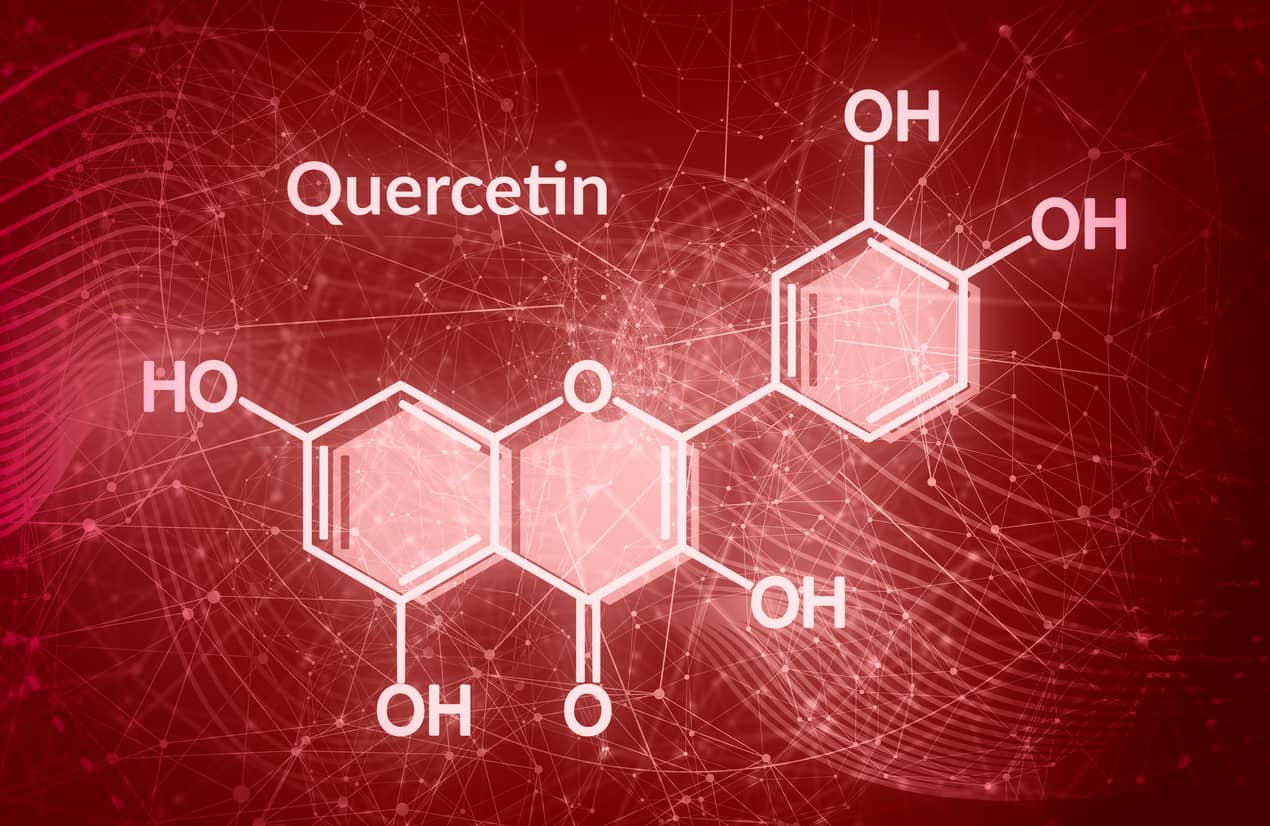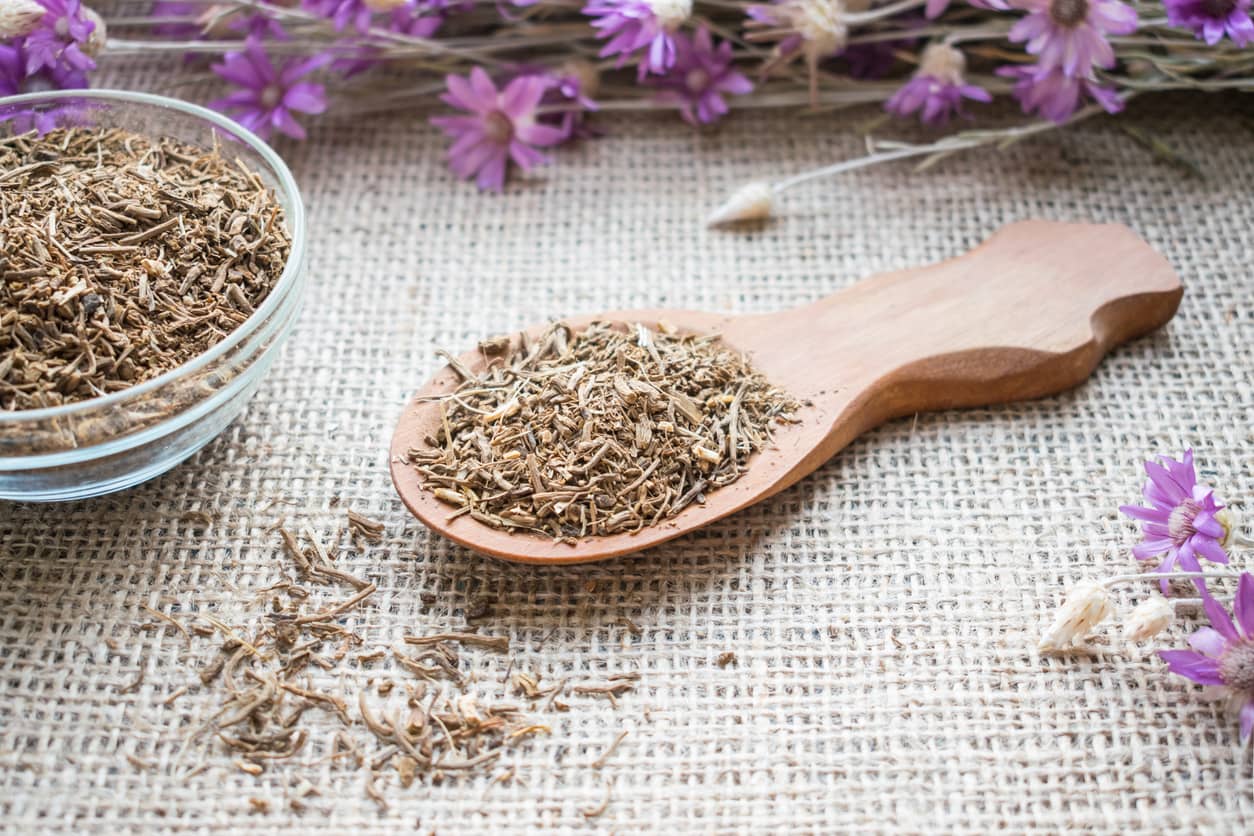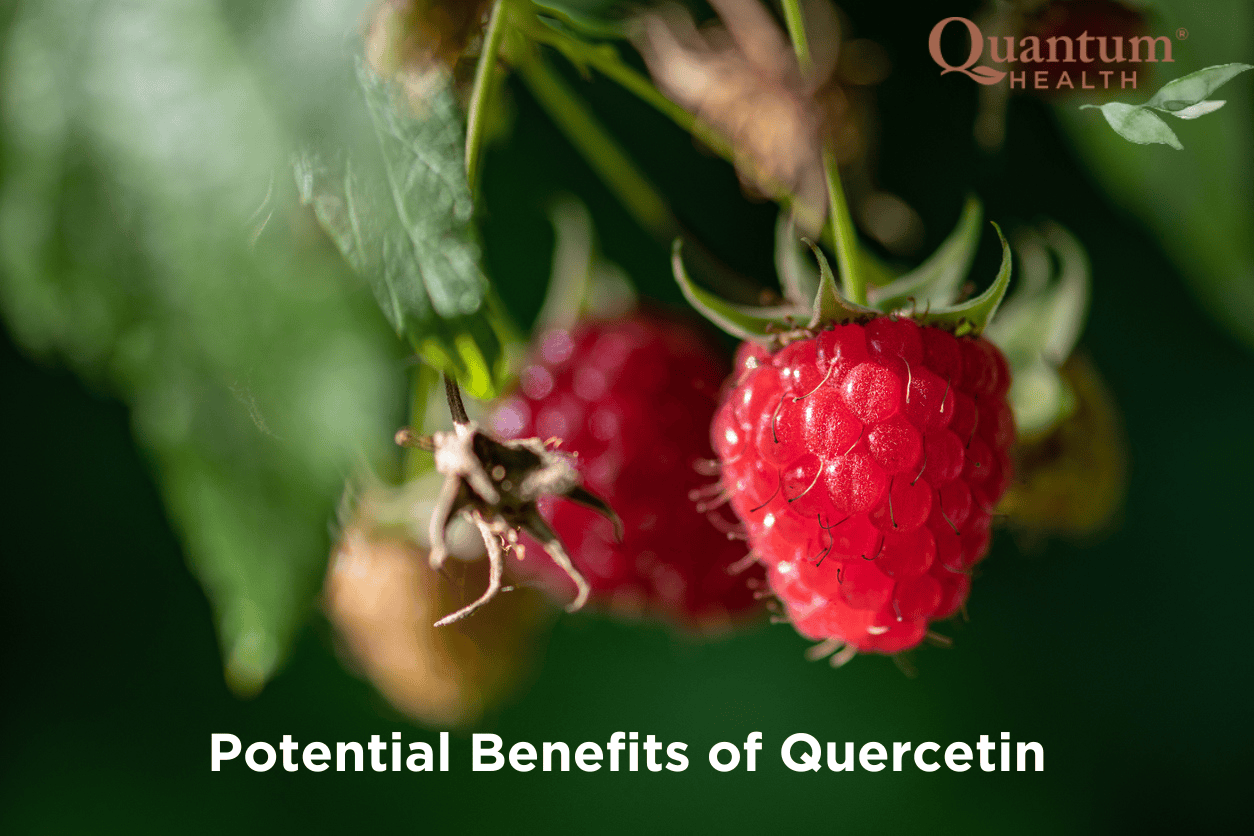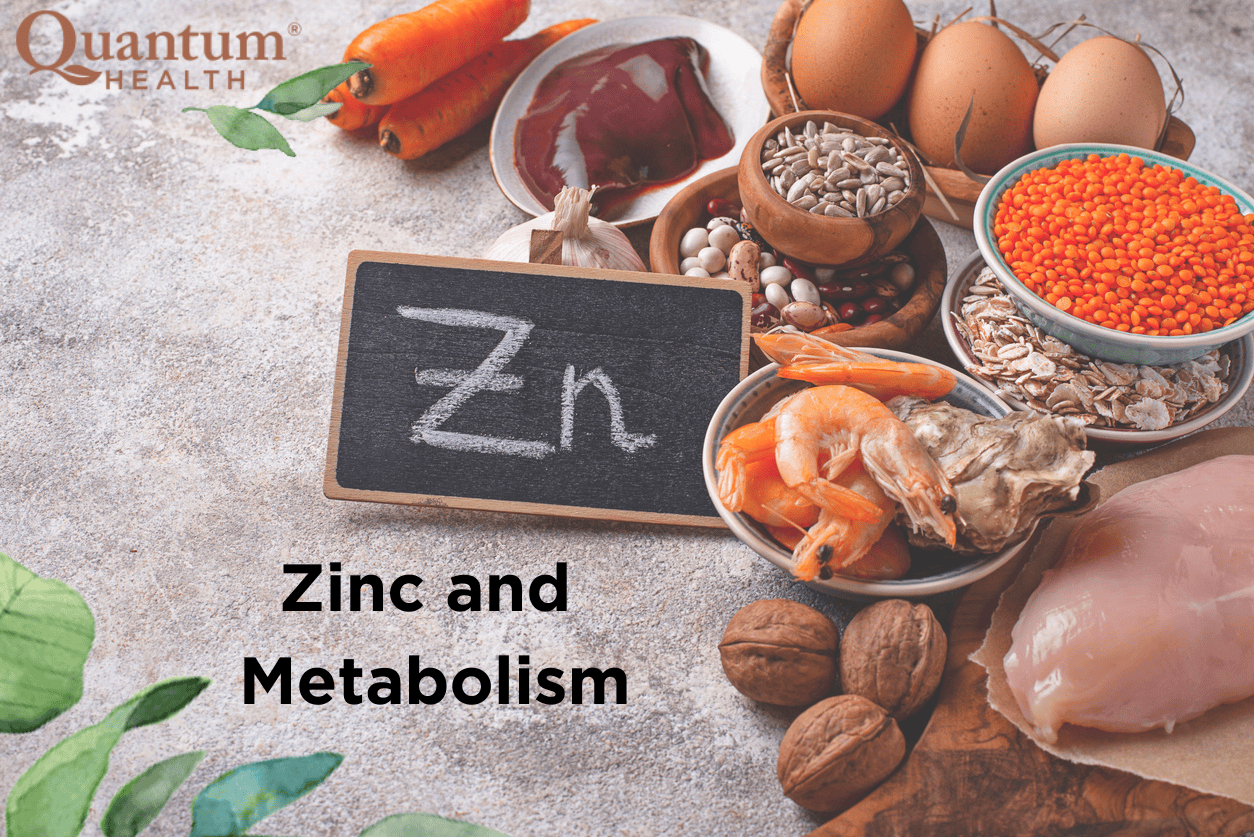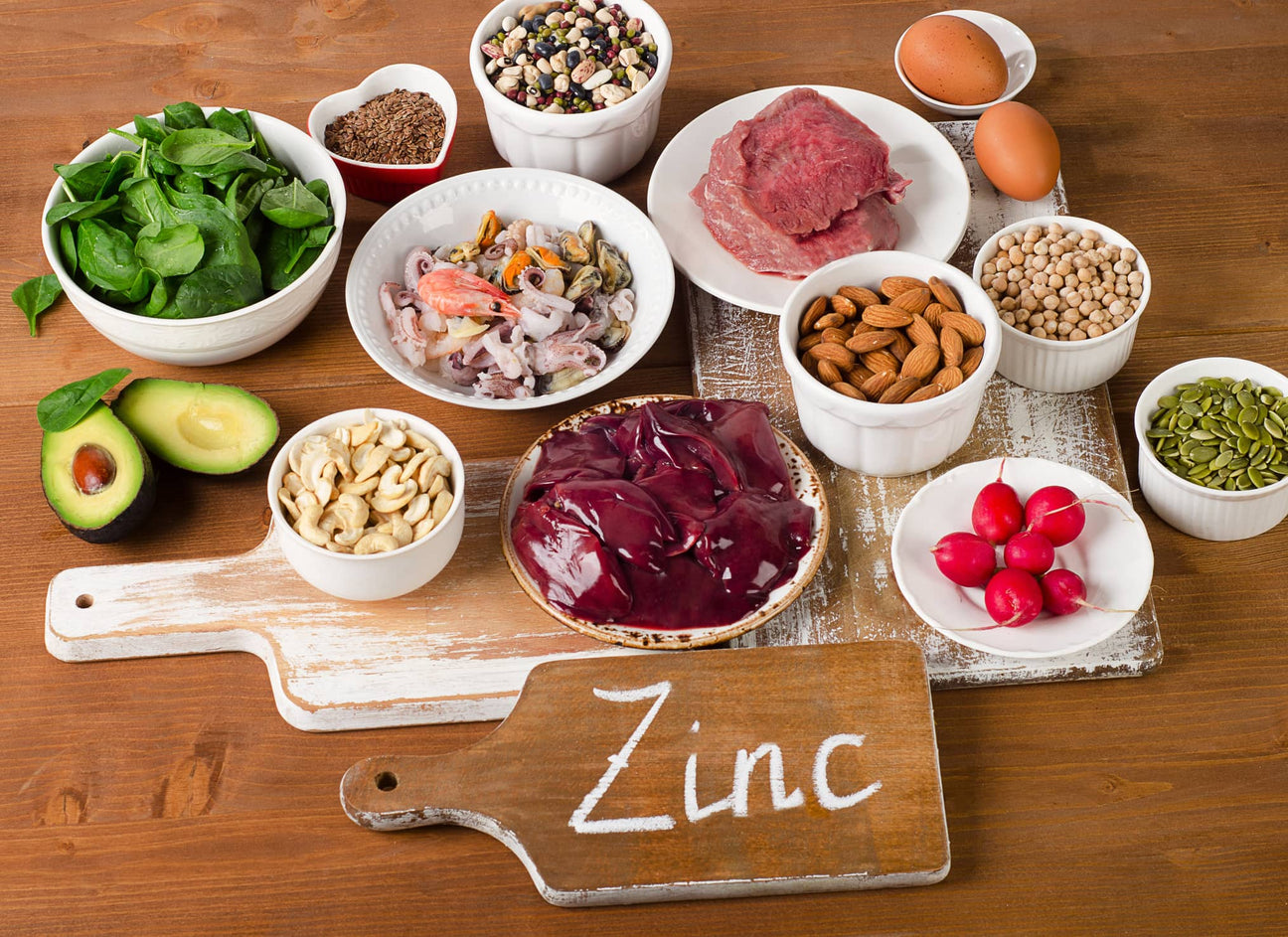What Can Quercetin Be Used For?
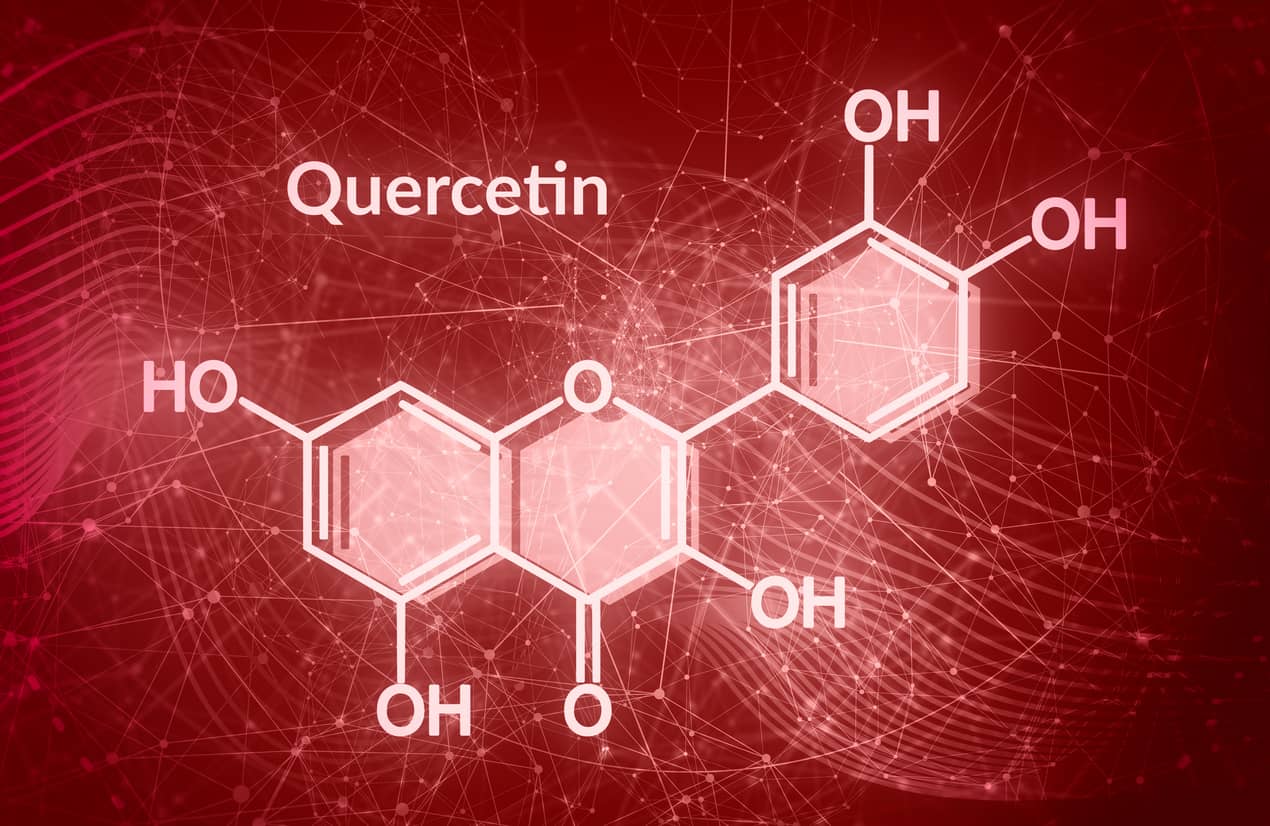
- Quercetin is a flavonoid found in fruits and vegetables that has been shown to have antioxidant and anti-inflammatory benefits.
- It may support heart health by helping lower blood pressure and improve cholesterol levels.
- It is suggested that quercetin acts as a natural antihistamine, potentially reducing allergy symptoms like sneezing and itching.
- Research suggests quercetin could enhance immune support and might have antiviral properties.
- While generally safe, quercetin can interact with certain medications, so consulting a healthcare provider is advised before use.
Quercetin is a naturally occurring flavonoid, present in a variety of fruits, vegetables, and grains. This compound is particularly abundant in foods such as apples, onions, berries, and tea, where it contributes to their vibrant colors and offers numerous potential health advantages.
The Health Benefits of Quercetin
One of the primary attributes of quercetin is its antioxidant capability. Antioxidants play a role in protecting the body from oxidative stress, a process associated with aging and various health conditions. Quercetin works by neutralizing free radicals, which can help minimize oxidative damage to cells, potentially supporting cardiovascular health and other conditions.
Beyond its antioxidant properties, quercetin is also recognized for its anti-inflammatory effects. Chronic inflammation is a known factor in various diseases, including arthritis. Research suggests that quercetin may help alleviate inflammation, providing potential relief for those affected by inflammatory conditions.
Practical Uses of Quercetin
Quercetin is increasingly associated with various health benefits, particularly concerning cardiovascular support. Studies suggest that quercetin may assist in lowering blood pressure and improving cholesterol levels, which are vital components of heart health.
Additionally, quercetin has shown promise in supporting the immune system. Some research indicates that it may possess antiviral properties, potentially enhancing immune defense. Moreover, quercetin functions as a natural antihistamine, which can be beneficial for managing allergy symptoms such as sneezing and itching.
For fitness enthusiasts, quercetin may offer benefits related to exercise performance. Some studies propose that it can boost endurance and reduce muscle damage following strenuous workouts.
What to Consider Before Adding a New Supplement
While quercetin is generally safe, some individuals may experience side effects, including headaches or digestive discomfort. It's also important to be aware that quercetin can interact with certain medications, such as blood thinners and antibiotics.
Is Quercetin Right for You?
Quercetin may offer a wide range of health benefits, from supporting cardiovascular health to potentially alleviating allergy symptoms. However, as with any supplement, it’s crucial to consult with a healthcare provider before adding quercetin to your routine, especially if you’re on other medications. Integrating quercetin into your wellness strategy could be beneficial, but it’s essential to approach it with informed guidance.
Share
Your share can inspire countless others.



























